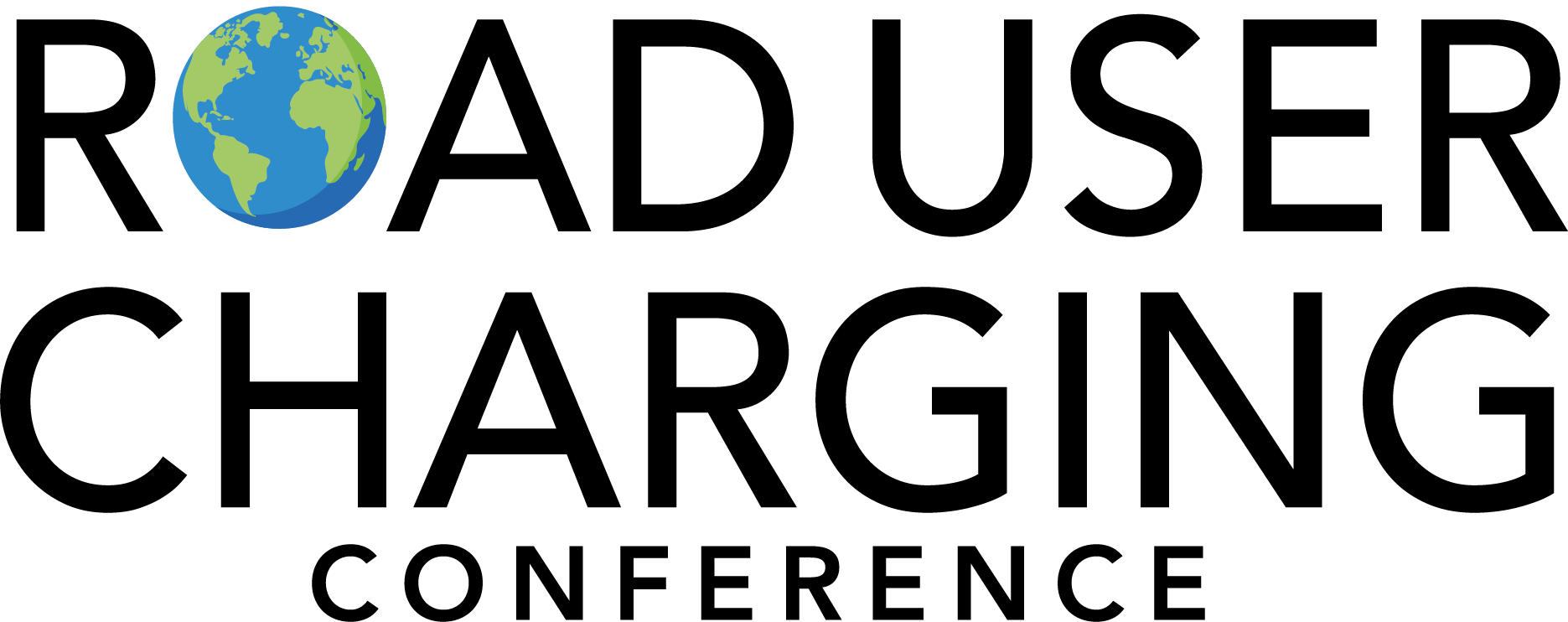Road User Charging Conference Asia Pacific 2025: Meet the speaker – Souknilanh Keola, ERIA
)
As Road User Charging Conference Asia Pacific 2025 draws near, the exclusive series profiling this year’s confirmed speakers continues.
Taking place on 01-02 October at the Four Points by Sheraton Singapore, Riverview hotel, the internationally recognised event will unite senior policymakers, industry leaders and innovators to share best practice in the planning, financing, implementation and operation of tolling, road usage charging (RUC) and mobility pricing schemes across highways, urban roads and cross-border corridors.
Among this year’s confirmed speakers is Souknilanh Keola is a senior economist at Economic Research Institute for ASEAN and East Asia (ERIA).
Keola received his Diploma of Engineering from Tokyo National College of Technology in 1995, Bachelor of Computer Sciences from Toyohashi University of Technology in 1997, and Master of Economics from Nagoya University in 1999.
He joined the Institute of Developing Economies (IDE-JETRO) in 2006. His journal publications primarily focus on regional economics and the application of big spatio-temporal data, especially remote sensing data, in the social sciences.
At this year’s conference, Keola will focus on promoting regional integration in ASEAN with cross-border RUC, detailing how seamless and inclusive RUC is essential to promote cross-border trade and tourism.
He will also take part in a panel discussion that aims to build public trust in RUC Systems across Asia Pacific and addresses privacy concerns in data collection for RUC systems.
Name: Souknilanh Keola
Job Title: Senior Economist
Organisation: ERIA: Economic Research Institute for ASEAN and East Asia
What is the most rewarding aspect of your role?
My research interest is regional development, and my discipline see cross-border connectivity as a mean to attract economic activities and wealth in a globalised world. The best part of my job is I get to cross the borders that I study with computer models on my desk, see real people making real effort towards prosperity.
What is the most pressing challenge for user-financed transportation in 2025?
How to better finance roads that are used for transit transport. The share of transit transport is unproportionally high in some countries. Such roads often function as international public goods. Many people need to see them as such.
What is your best piece of advice for those implementing user-financed transport schemes?
Expanding financing sources to people, businesses and countries who indirectly benefit from it. Using IT (AI) aggressively. Automatically collect fines for violations, e.g., speed, weight, traffic regulation, etc. with IT technologies.
Does legislation support or hinder innovation in this sector?
It depends on implementation. Most legislation is done for good purposes. The problem is most legislation is drafted and passed without political will to implement it. This is especially true in Asia.
How will user-financed transport schemes evolve by 2030?
Expanding share of land-based international transport. The rising of land based international trade in Asia similar to those in Western Europe.
Why are you looking forward to speaking at Road User Charging Conference Asia Pacific 2025?
Because I think the topic is important. I want to be part of the conversation and contribute to changes for the better.



